Pressure sensors are extensively employed in numerous industrial automated control settings, such as water conservation and hydropower, railway transportation, intelligent buildings, production automation, aerospace, petrochemicals, oil wells, power generation, ships, machine tools, and pipelines. This article will provide a concise overview of the applications of specific frequently utilized pressure sensors.
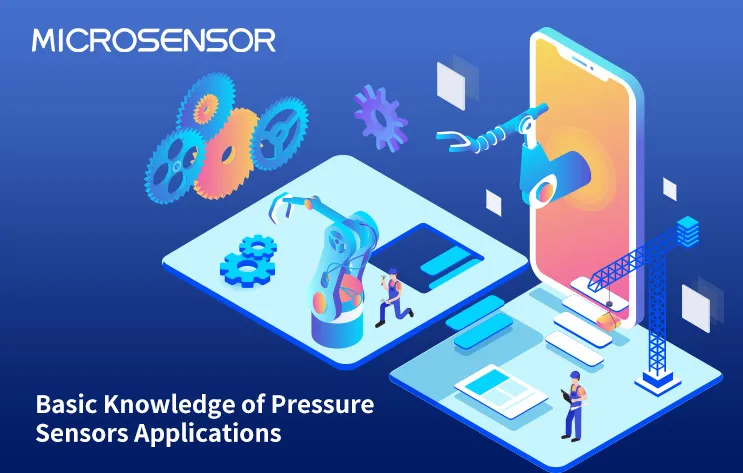
Pressure Sensors Applied in the Oil & Gas Industry
The three key primary requirements for pressure sensors are reliability, stability, and high precision in the oil & gas sector.
The reliability depends on the pressure transmitter's structural design, mechanical processing technology, and materials. The stability and high accuracy are mainly guaranteed by the stability and measurement accuracy of the pressure sensor element. The sensor element's static pressure characteristics and long-term stability influence the pressure transmitter's stability. The demand for pressure sensors in the oil & gas industry revolves around four main aspects: measuring accuracy, fast response, static pressure characteristics, and long-term stability.
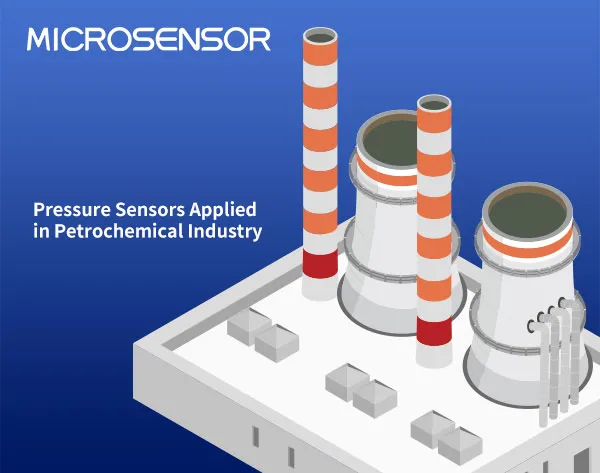
Pressure Sensors Applied in Water Treatment
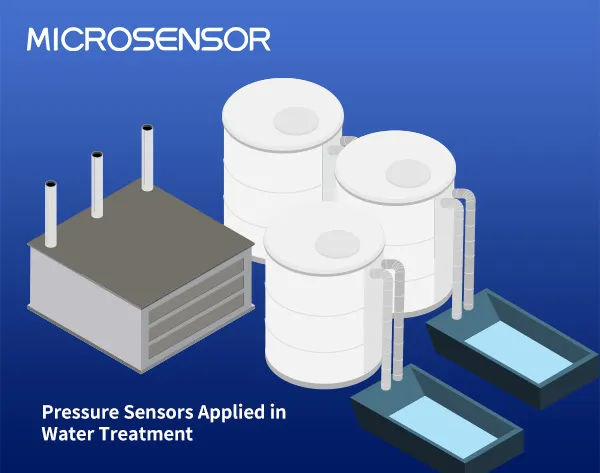
Pressure sensors facilitate critical control and monitoring functions in the water treatment and environmental protection industry, ensuring system protection and maintaining optimal water quality. By converting pressure (typically the pressure of liquids or gases) into electrical signals, pressure sensors serve multiple purposes, including measuring static fluid levels and providing accurate liquid level measurements. Incorporating these sensors contributes significantly to effectively managing water supply and sewage treatment processes, enabling enhanced system efficiency and quality assurance.
Pressure Sensors Applied in Medical Industry
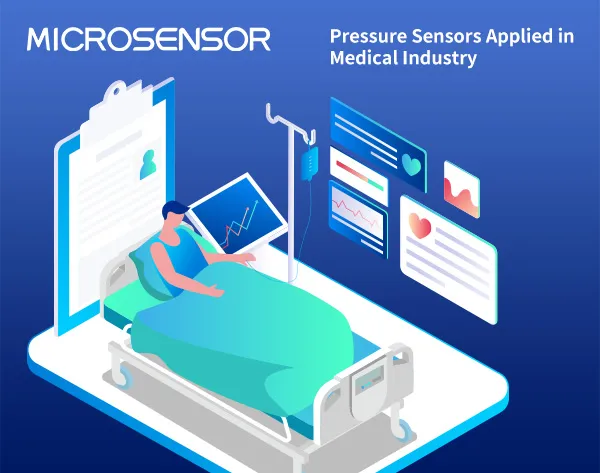
In light of advancements in the medical equipment market, the utilization of pressure sensors in the healthcare sector has become subject to increasingly stringent demands. These requirements encompass multiple factors, including accuracy, reliability, stability, and volume. In this context, a vital application of pressure sensors is precisely monitoring dialysate and blood pressure, ensuring it remains within predetermined ranges. Consequently, pressure sensors employed in this capacity must possess compact dimensions and exhibit the ability to endure exposure to liquid media.
Pressure Sensor from Micro Sensor
Micro Sensor has over 50 years of experience in developing and manufacturing pressure measurement equipment, including piezoresistive pressure sensors and pressure transmitters.
If you are looking for more information on our range of pressure sensors, please contact us via sales@microsensor.cn or leave messages. Our sales engineer will reply you within 24 hours.
Previous Posts:A Solution for Data Issue of Flowmeter In Vertical Pipeline
Next Chapter :How to Select Proper Piezoresistive Pressure Sensors?
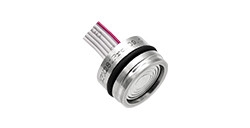
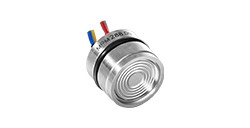
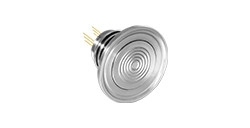
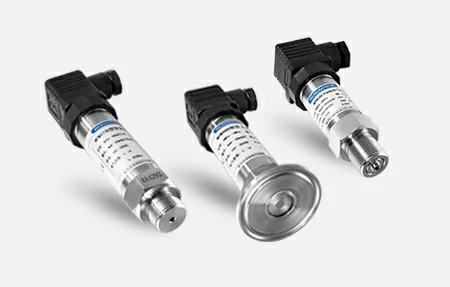
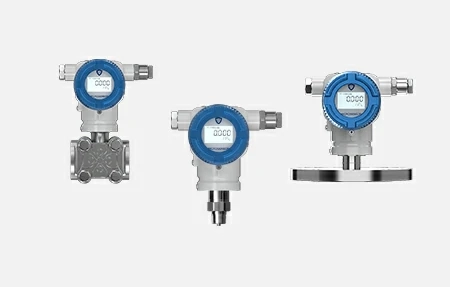
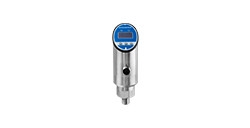
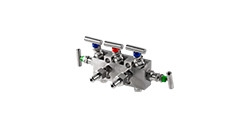
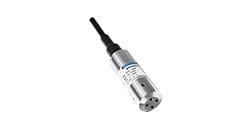
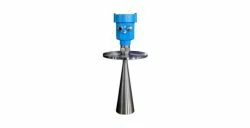
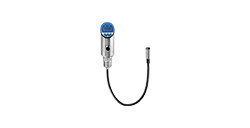
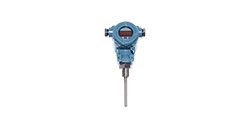
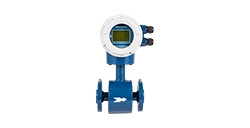
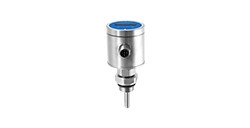
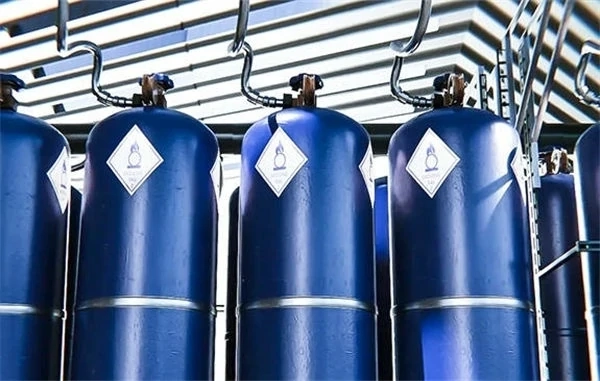
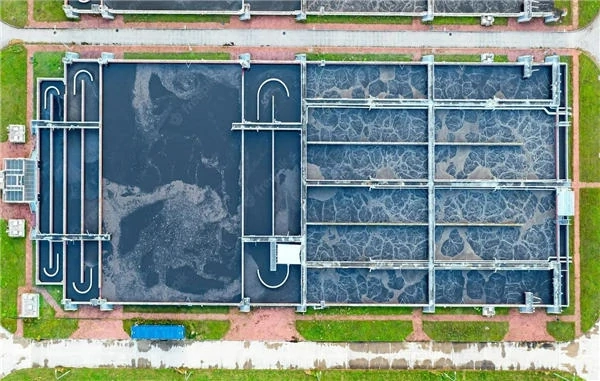
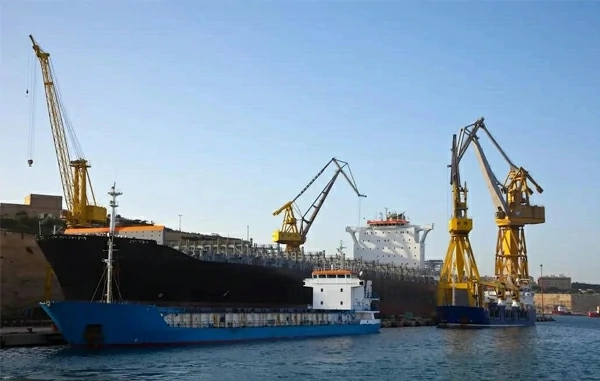
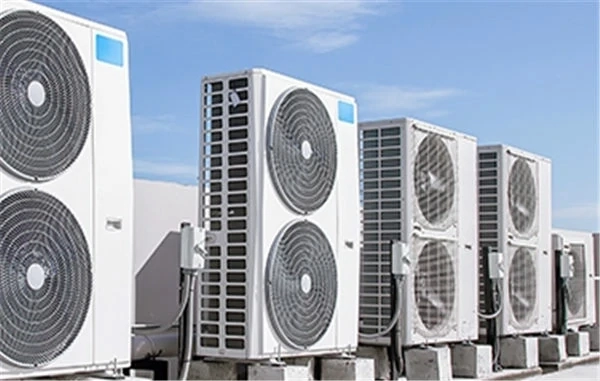
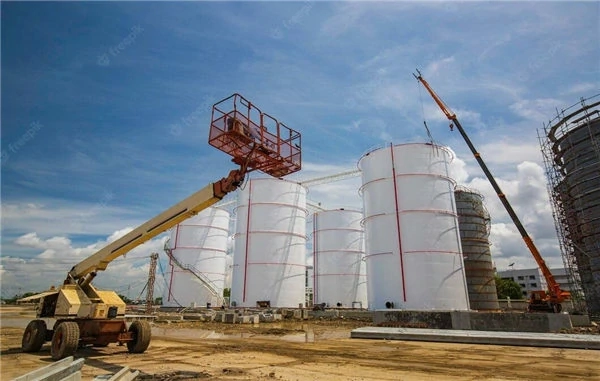
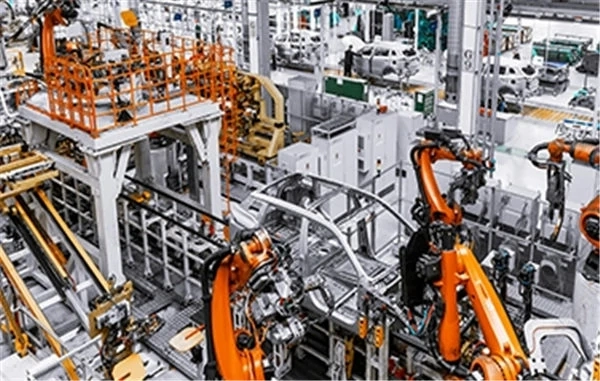
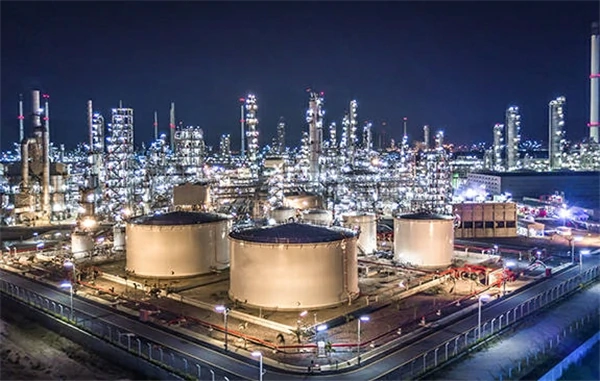
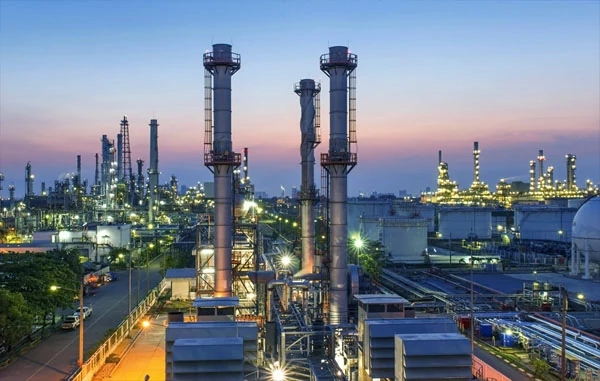
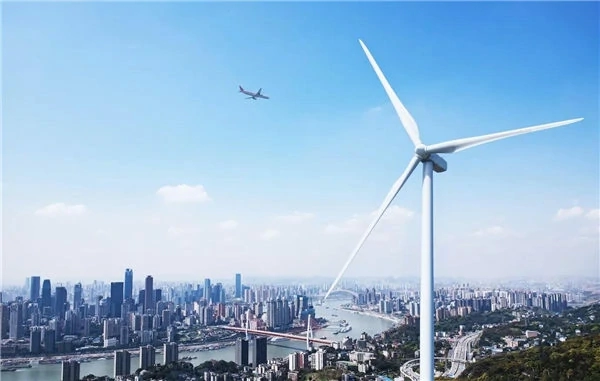
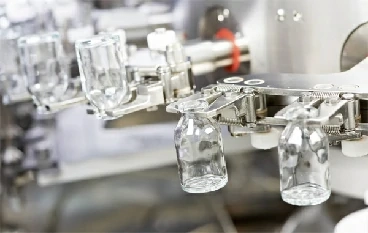
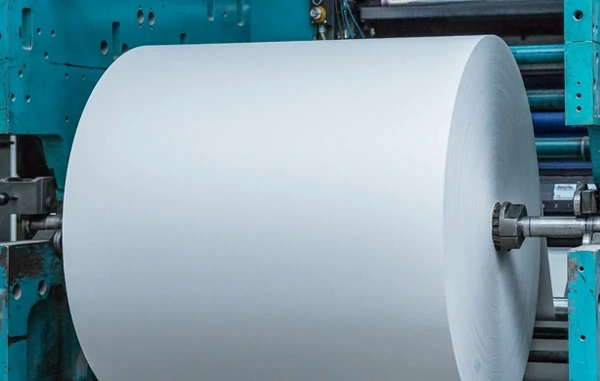
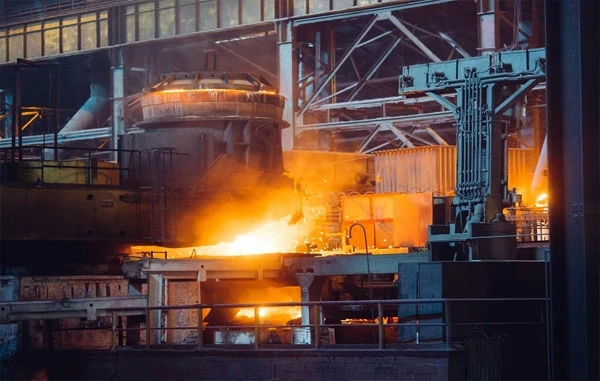
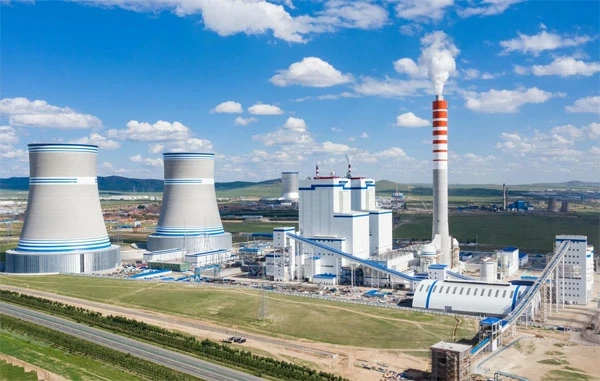

 Copyright © 2025 MICRO SENSOR CO., LTD
Copyright © 2025 MICRO SENSOR CO., LTD